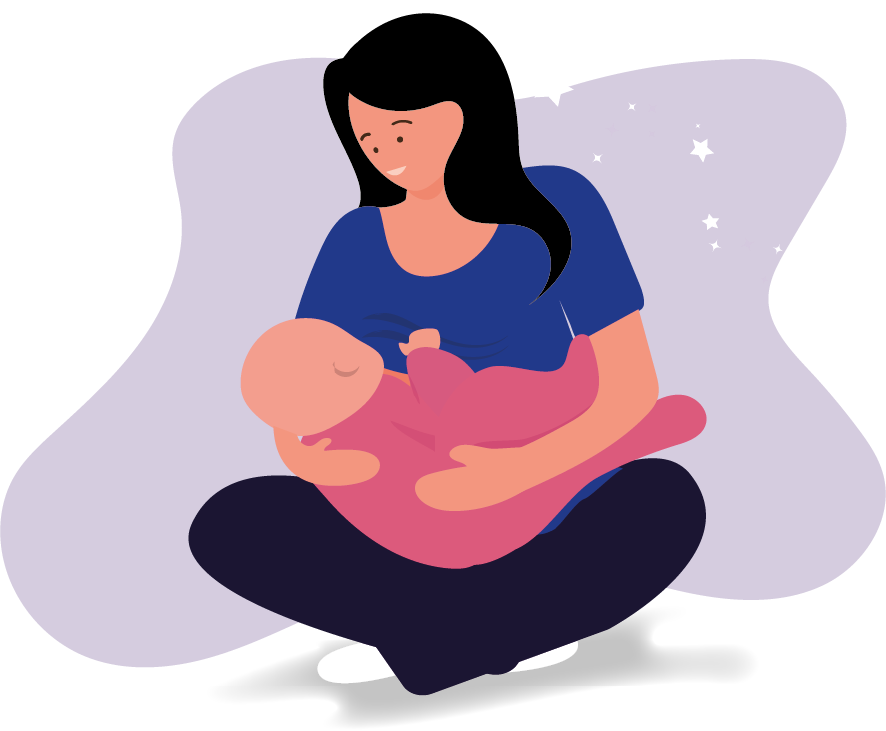SHARE
What to Do if Your Baby Has a Seizure
It can be scary to watch your baby have a seizure. You may feel helpless, but the most important thing you can do is make sure they are protected from getting hurt.
- Move them away from hard objects (toys, furniture)
- Roll them on their side to stop them from choking in case they vomit
- Don’t try to stop the seizure or put anything in their mouth
- Call 911 if your baby has trouble breathing, turns blue, continues to have a seizure for longer than 5 minutes, or isn’t looking normal to you 30 minutes after a seizure ends
Talk to your pediatrician if you think your baby is having seizures. If you can video your child when they are having a seizure, it would be very helpful to show your doctor. It’s a good idea to write down exactly:
- How long the seizure lasts
- Where the seizure started (seen in the arms, legs, eyes, etc.)
- If the seizure spread to other body parts
- What the movement looked like (staring, jerking, stiffening, etc.)
- What your baby was doing right before the seizure (waking up, eating, playing)
Epilepsy Baby Care Tips for You and Others
Feeding
- Babies with epilepsy can fall asleep when being fed
- You may find that feeding them more often when they are alert is helpful
- When your baby starts solids, be sure to strap them into a high chair (you don’t want them falling out if they have seizure)
Talk to your pediatrician about ways to ensure that your baby is getting the nutrition they need.

Sleeping
- Sleepiness or drowsiness is common in epilepsy, for a variety of reasons. Sleepiness or drowsiness can be caused by a seizure during the night, disturbed sleep patterns, or medication. For these reasons, your child may seem sleepy or drowsy during the day
- Try to keep your child on a regular sleep schedule. If your child is not getting enough rest, they could be more likely to have seizures
- Seizures can occur at night, when your child is sleeping, so keep the crib free of blankets, toys, pillows, or other items that can cause suffocation
Try to keep your child on a regular sleep schedule. If your child is not getting enough rest, they could be more likely to have seizures.
Playing
- Give extra care to babies with seizures that cause sudden falls
- Your doctor may recommend that they wear a helmet when playing outdoors or in areas with hard surfaces